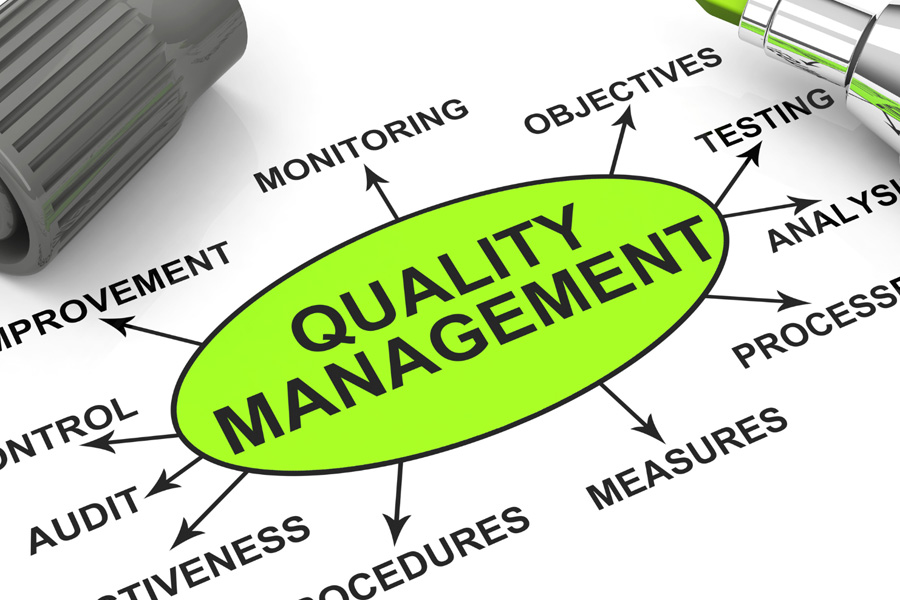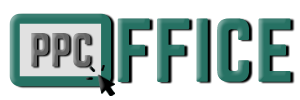
How a Tailored Quality Management Plan Can Transform Project Delivery
In today’s fast-paced and complicated project environments, success is measured by consistently achieving or exceeding expectations. Here, good Project Quality Assurance is quite important. Quality assurance nowadays looks at quality throughout the life of a project, from the idea stage to the delivery stage, rather than just at the end. A clear, proactive quality management plan is important for building confidence with stakeholders, making the company credible, and making the project a success. Even though the ideas behind quality assurance are the same, each project has to use them in a different way. A tailored Quality Management Plan changes how people think about and accomplish quality by translating general quality ideas into specific steps for the project.
The Fundamentals of Project Quality Assurance
The Fundamentals of Project Quality Assurance include developing a mechanism to check that project activities and outputs meet specifications. Quality control, on the other hand, looks for defects in products. Quality assurance stops issues from happening by making delivery systems better. By adding quality checks and standards in planning, design, execution, and closure, organizations may find problems early. It’s important to find problems early on since fixing them later in the project lifecycle costs more and takes more time. The Fundamentals of Project Quality Assurance say that quality is an inherent part of how a project is done, and it is based on clear rules, methods, and measurable criteria. This framework helps project teams work together, sets quality roles and responsibilities, and tells them what they need to do to be successful.
Making a Quality Blueprint for Your Project
A broad quality checklist could help you understand things better, but it won’t help you with the specific problems, dangers, and demands of a project. This is why it’s so important to have a Quality Management Plan that fits your needs. A customized plan changes the Fundamentals of Project Quality Assurance to fit the project’s size, scope, technology, team structure, stakeholder needs, and rules. It clearly defines “quality” for this project, including the standards, techniques, and criteria for success. This customization makes excellent work useful, effective, and in line with the needs of the project and the client. The project’s unique quality plan makes sure that everyone understands what they need to do to keep standards high and that the steps taken are the best ones for finishing this project.
Customized Procedures for Quality Assurance
The tailored Quality Management Plan changes how projects are delivered. The plan uses quality assurance approaches from the Fundamentals of Project Quality Assurance. This means deciding when and how often to do process audits and verifications to make sure that the project’s operations meet the project’s rules and best practices. The strategy also says what the KPIs are, how often they should be reviewed, and how to provide and get feedback and make changes for continual monitoring and evaluation. Structured defect management is another crucial aspect of the approach. It explains how faults will be detected, recorded, prioritized, rectified, and verified for project deliverables. The tailored approach makes it apparent how quality assurance activities should be linked to compliance and regulatory standards for projects in regulated fields. The plan-customized adoption of methods makes it easier to finish a project by getting rid of faults early, cutting down on rework, and keeping the team to high quality standards. Modern software solutions may aid by keeping track of objectives, measurements, errors, and progress toward meeting quality standards.



